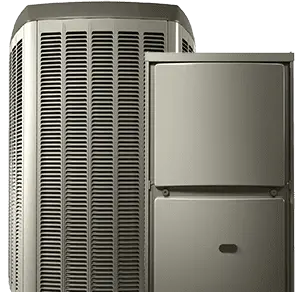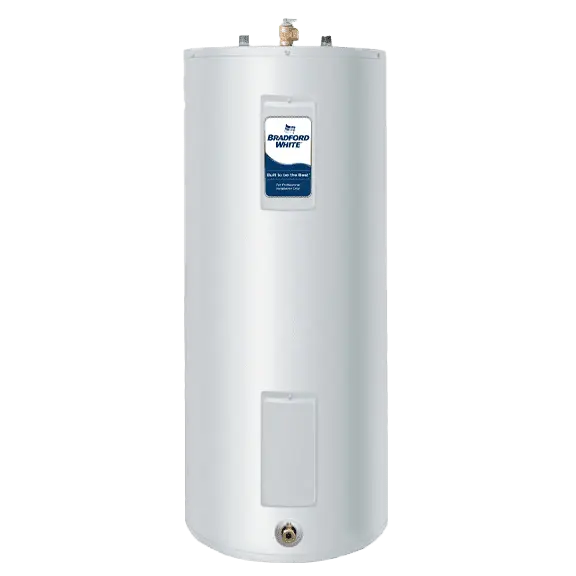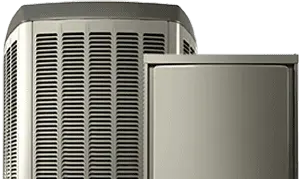Professional Heating & Air Conditioning Services in Edmonton
Since 1989, Romaniuk Heating and Air Conditioning has provided Edmonton families with dependable heating and cooling services. Our certified team keeps your home comfortable through freezing winters and hot summer months.
Whether you’re replacing a furnace, servicing your air conditioner, or needing a full system checkup, we offer quick, professional HVAC support, backed by our satisfaction guarantee.

For more details, read our reviews:
Read our reviewsFind a home HVAC technician near you:
Based in Edmonton and serving surrounding neighbourhoods, Romaniuk’s skilled technicians deliver efficient solutions for temperature control and indoor comfort, wherever you make your home in the area.
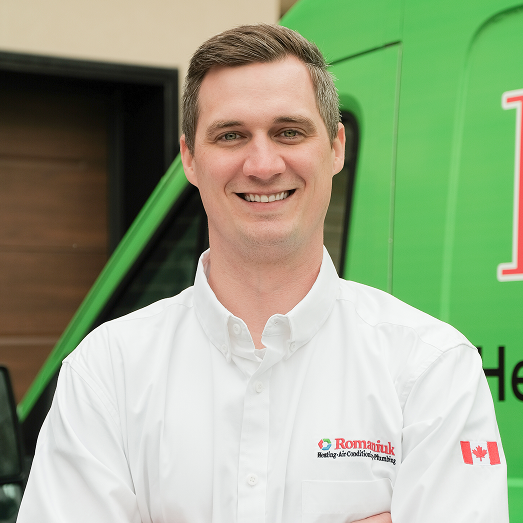
We know that time is critical when things go wrong
When the unexpected happens, Romaniuk is ready to act fast. Our team responds to heating, cooling, plumbing, and electrical emergencies any time, day or night, weekend or holiday. You can count on us to arrive in four hours or less.
Our fully licensed technicians are skilled across HVAC, plumbing, and electrical services. From furnace issues to new AC setups, we approach every job with care and accuracy. Sudden breakdowns are stressful, we’re here to restore comfort with fast, lasting fixes. We’re always ready to take your call.
Find the Right HVAC Solution
Not sure which HVAC system fits your home? We’ll evaluate your space and recommend the right options based on your needs, layout, and budget. Whether it’s time for an installation or simply seasonal upkeep, we’ll be there to get it done right.
Fast Service & Savings
Need help picking the right unit? Our specialists will walk you through your options and recommend the best match for your home and budget. From new installs to routine tune-ups, we’re quick to respond, and ready to help you save.
Experienced, Skilled & Ready to Help
Since 1989, Romaniuk has been providing expert service for all types of HVAC systems, no matter the brand or age. Our technicians keep up with the latest technologies, ensuring you get the best possible service. Whether you need an urgent repair or routine maintenance, we’re proud to offer fast, reliable plumbing, electrical, and HVAC services across Edmonton.
Romaniuk proudly serves Edmonton and surrounding areas, providing expert HVAC services to ensure your home stays comfortable year-round.
Need quick and dependable heating or cooling assistance in Edmonton? Call (780) 306-7678 to talk to one of our professionals, or conveniently book your service online today!
Arrange a consultation for heating and cooling solutions in Edmonton.

Our HVAC Services
Consistent indoor comfort is more than a luxury, it’s key to keeping your family and home safe during Alberta’s unpredictable weather. At Romaniuk Heating and Air Conditioning, we provide comprehensive HVAC services tailored to meet the year-round needs of Edmonton residents. Our expert technicians are factory-trained to manage everything from installations and routine upkeep to repairs and urgent service calls.
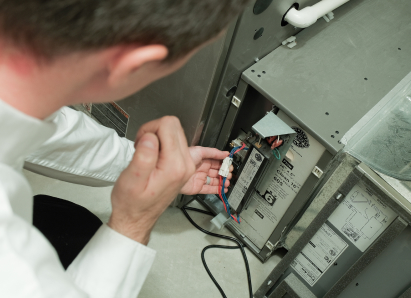
Heating Services
Boiler Services
Expert installation, routine maintenance, and 24/7 emergency repairs for both hot water and steam boiler systems.
Central Heating Systems
Tailored solutions for centralized heating, ensuring consistent and efficient warmth throughout your entire home.
Furnace Installation
Professional sizing and installation of high-efficiency furnaces designed for reliable performance and energy savings.
Furnace Repairs
Comprehensive repair services for all furnace brands and models, with round-the-clock emergency support.
Heat Pumps
Year-round comfort with installation and maintenance of heat pump systems that offer both heating and cooling functions.
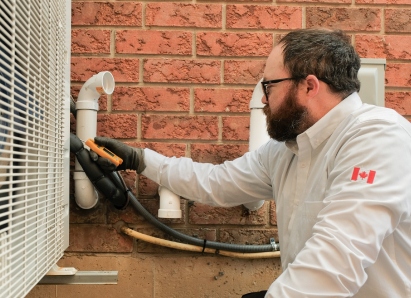
Air Conditioning Services
AC Installation
Professional air conditioning installation with expert system sizing, placement, and setup to maximize energy efficiency and performance.
AC Inspection
Preventive AC inspections and maintenance services designed to catch issues early, improve efficiency, and extend system lifespan.
AC Repair
Prompt and dependable air conditioning repair for any make or model , bringing comfort back swiftly and efficiently.
Heat Pumps
Energy-efficient heat pump systems providing both heating and cooling for year-round home comfort.
UV Air Purifiers
Advanced UV air purifiers designed to reduce airborne contaminants, bacteria, and allergens for cleaner, healthier indoor air.
Humidifiers
Maintain ideal indoor humidity levels to support health, comfort, and air quality throughout your home.
Duct Cleaning
Improve your home’s indoor air quality by removing dust, allergens, and debris from your HVAC ductwork.

Water Heaters
Water Heater Repairs
Repairs for traditional and tankless water heaters.
Water Heater Installation
Professional installation of high-efficiency systems with complete removal of old units.
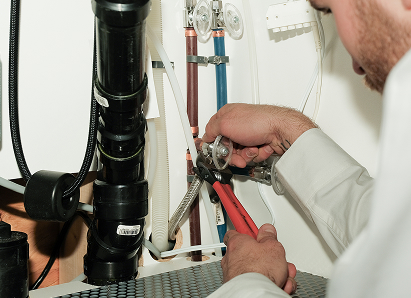
Plumbing Services
Faucets
Repair and replacement of sinks, taps, and valves.
Emergency Plumbing Services
24/7 solutions for burst pipes, backups, and urgent issues.
Kitec Plumbing
Replace outdated plumbing with safe, modern piping.
Plumbing Repairs
Fast, expert solutions for leaks and pipe damage.
Sinks
Reliable repair and installation for bathroom and kitchen fixtures.
Sump Pumps
Flood prevention through expert installation and repair.
Toilets
Toilet repair and replacement services with minimal disruption.
Water Quality
Install filtration and purification systems to improve your home’s water.
Hydro-Jetting
High-pressure cleaning to clear stubborn clogs.
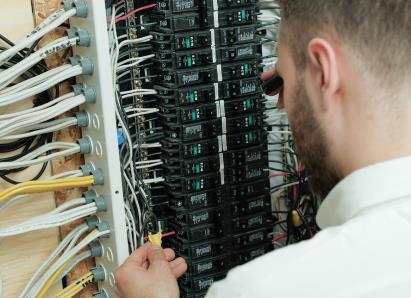
Electrical Services
Electrical Installations
Expert installation of new electrical components and fixtures throughout your home, ensuring everything is safely and code-compliantly set up.
Electrical Panel Upgrade
Full-service upgrades to your home’s electrical panel to boost capacity and enhance overall electrical safety.
Electrical Wiring
Professional wiring solutions for home renovations, additions, or older Edmonton homes, meeting current codes while ensuring long-term safety and reliability.
EV Charger Installation
Safe and efficient installation of electric vehicle charging stations at home, with proper wiring and integrated safety features.
Generators
Backup generator services for Edmonton homes, including generator installation, maintenance, and repair. Stay prepared for power outages with reliable, professionally installed systems that ensure continuous comfort and safety
Edmonton’s Residential HVAC Professionals Since 1989
35+ Years of Proven Experience You Can Count On
Since 1989, Romaniuk has been delivering dependable HVAC services to homeowners and businesses across Edmonton. Our years of experience showcase our dedication to top-quality workmanship and client satisfaction. With countless successful installations and repairs, you can count on our proven skills in keeping Edmonton homes comfortable.
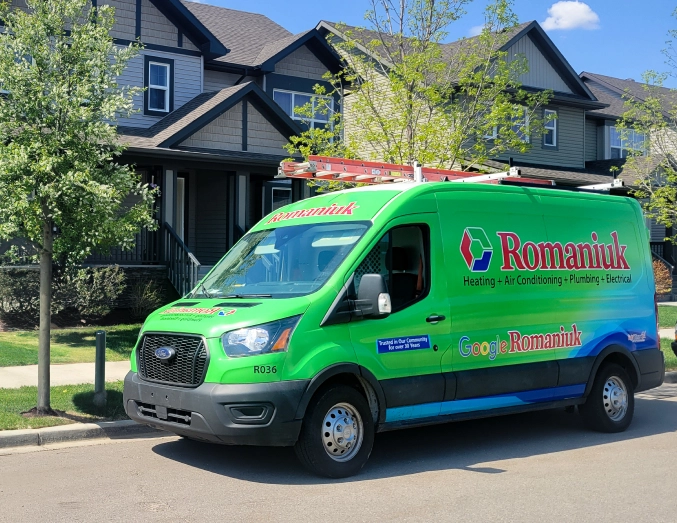
24/7/365 Emergency HVAC Service
We know that heating or cooling issues can happen at any time, which is why Romaniuk offers 24/7 emergency HVAC support. Whether it’s heating, cooling, or plumbing, we’re always here to quickly restore comfort to your home whenever you need us most.
Certified, Background-Checked Technicians
At Romaniuk, every technician is thoroughly trained, certified, and background-checked to ensure the highest standards of professionalism. When our HVAC experts arrive at your home, you can feel confident knowing they’re skilled, dependable, and committed to providing outstanding service with care and respect.
Upfront Pricing, No Surprise Pricing
We believe in upfront pricing with no surprises. Before we begin any work, you’ll receive a detailed estimate, ensuring you won’t encounter hidden charges. We respect your budget and make sure you understand the cost involved in your HVAC services.
Satisfaction Guaranteed
At Romaniuk, your comfort is our top priority. We back up every service with a satisfaction guarantee. If our heating or cooling solutions don’t meet your expectations, we’ll do whatever it takes to make it right.
Complete Home Comfort Solutions
We go beyond standard HVAC services to provide all-encompassing solutions for your home’s comfort and efficiency. From plumbing and electrical to air quality and water systems, our holistic approach ensures your home’s systems are working seamlessly together.
Hear from Edmonton Homeowners Who Depend on Romaniuk
Fantastic guy fantastic service.
March 2023: Leaking tankless hot water system.. Ryan was excellent. Explained things in a manner I understood, and provided very useful tips.
NOV 2024 Matthew - tankless hot water system issues- Matthew was very efficient, on time, fantastic communication and detailed. Provided options.
5 stars!
Nov 2024 - Ryan P and apprentice replaced the pump in my tankless hotwater unit. Quick, efficient, polite, honest and professional.
April 2025 Ryan P was professional, efficient, explanatory, and provided options for the repair. Ryan fixed a leaking shower. Chose a less aggressive repair. Thanks again for coming to my rescue, and going above and beyond.
Matthew came in today to finish our installation. Actually just to hook up the humidifier on the furnace. He was very friendly and professional. The job looks great. It was just another good experience with this company. Well done Matthew.
Very satisfied with the service and would highly recommend.
